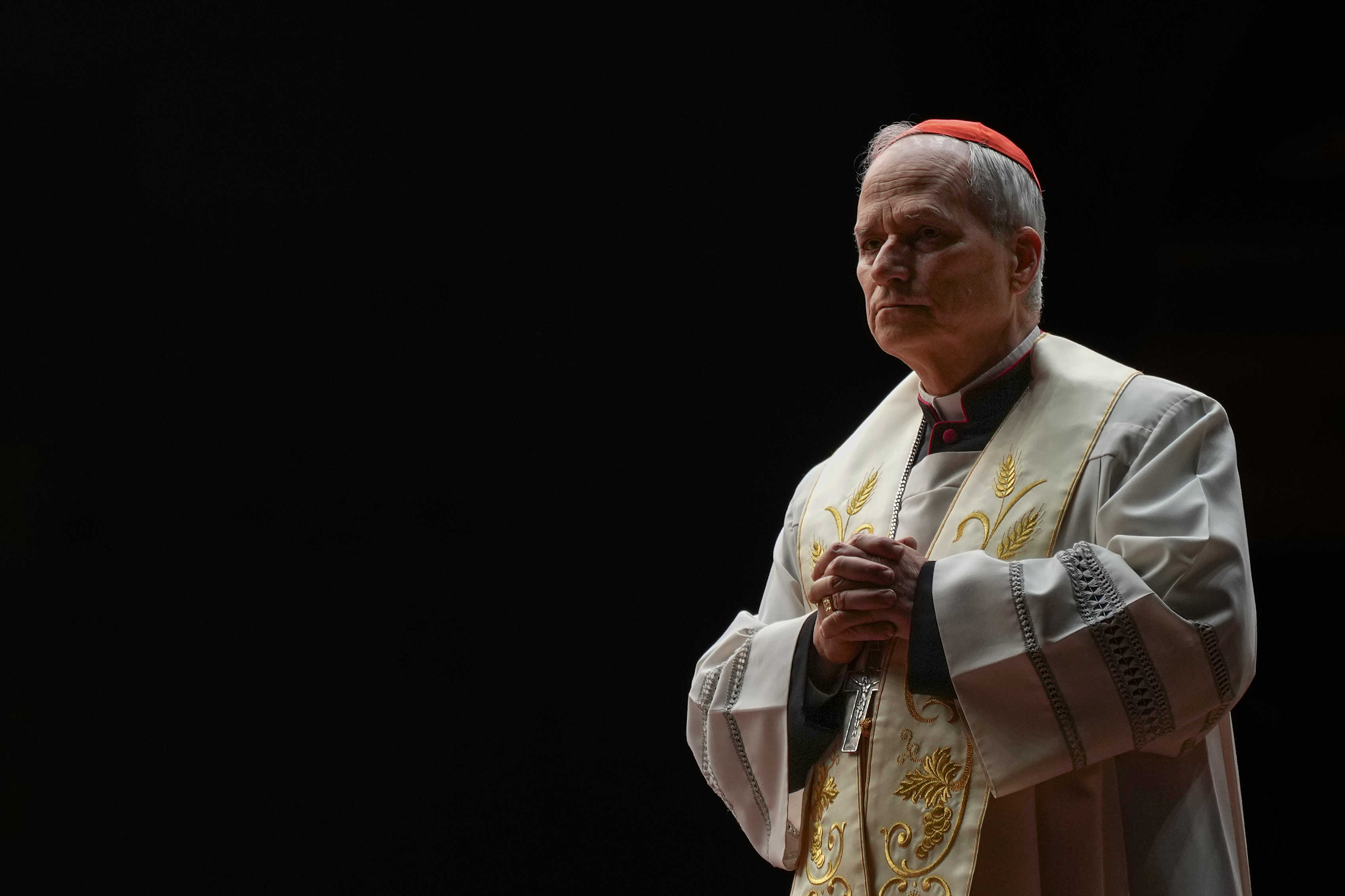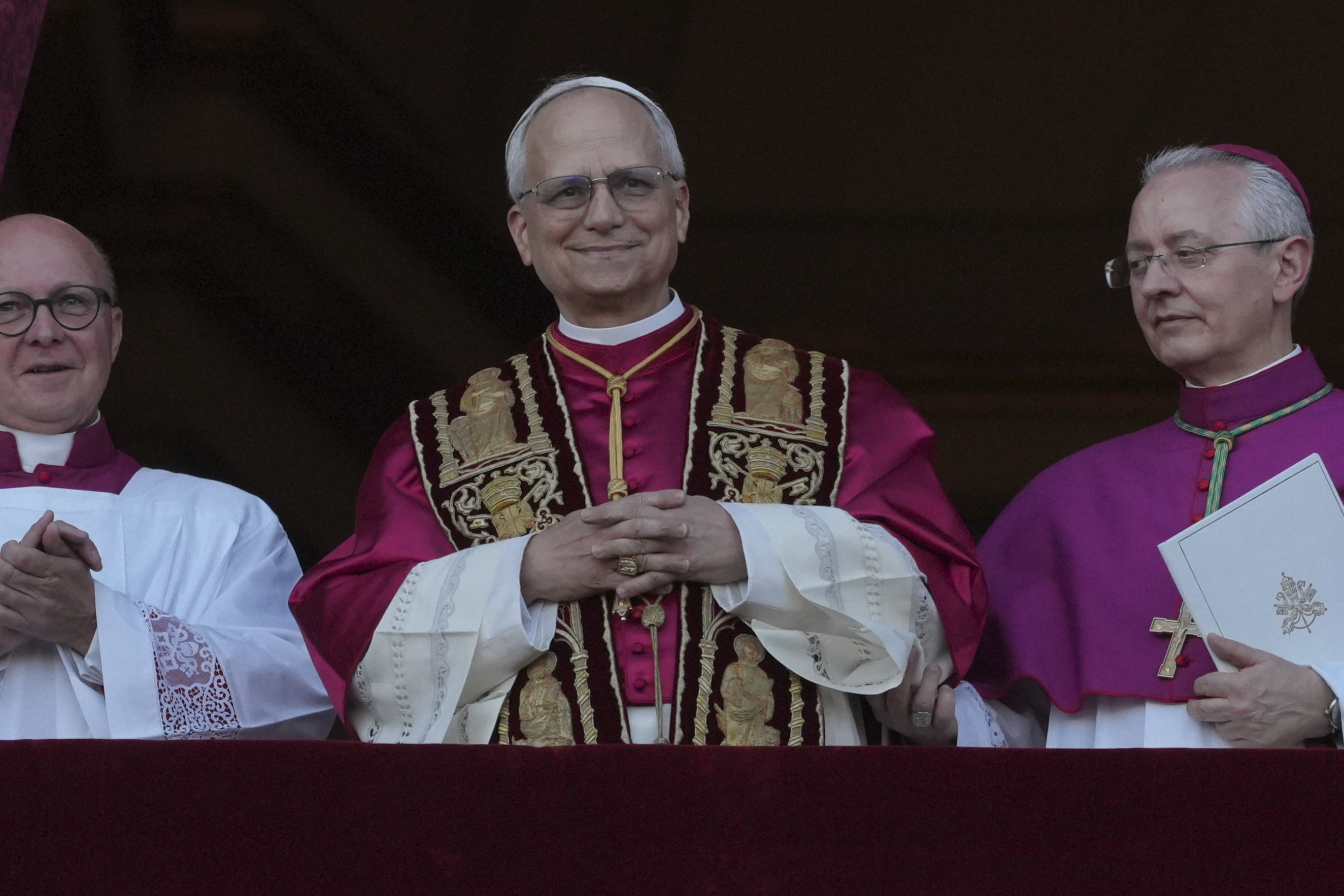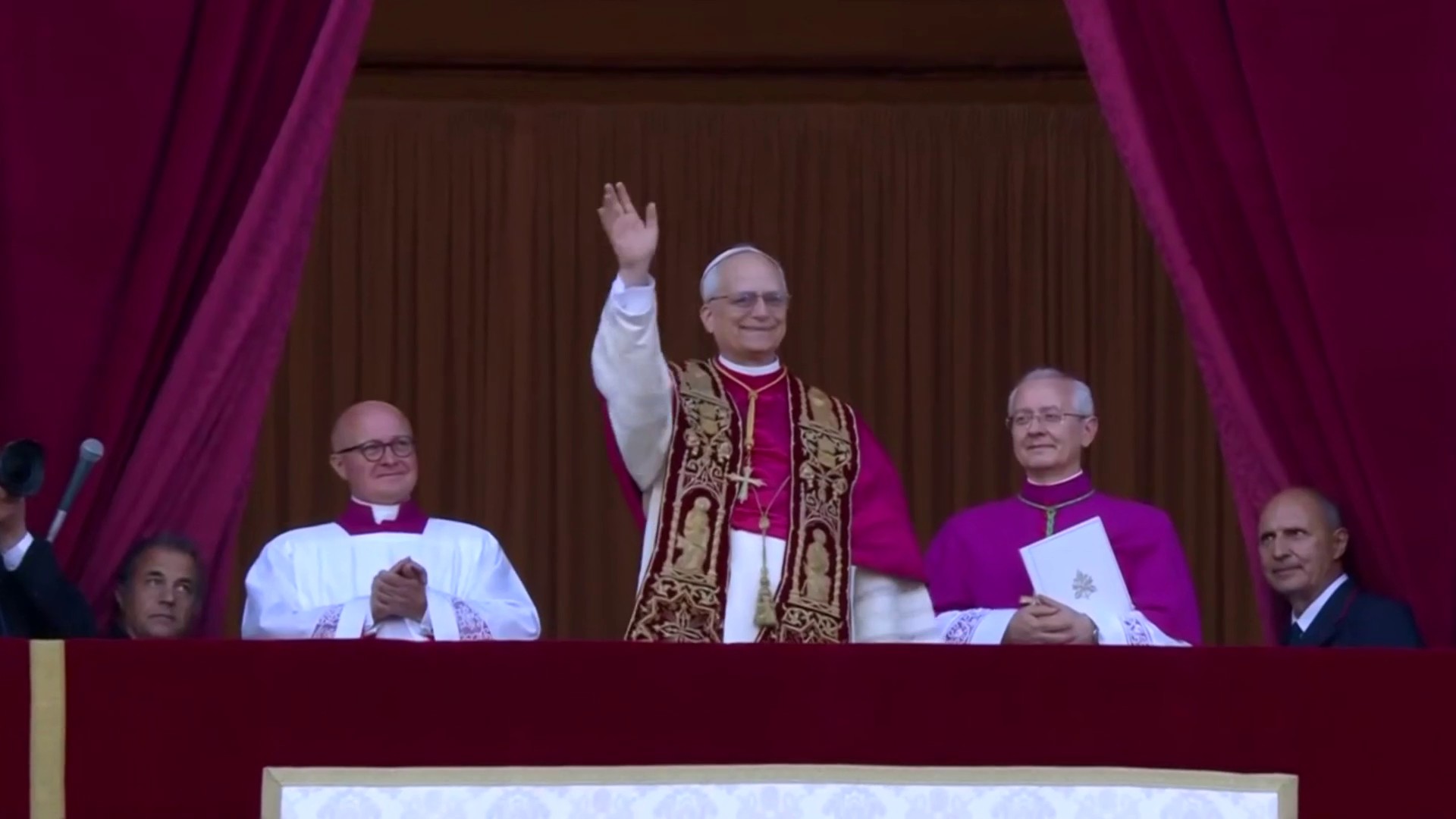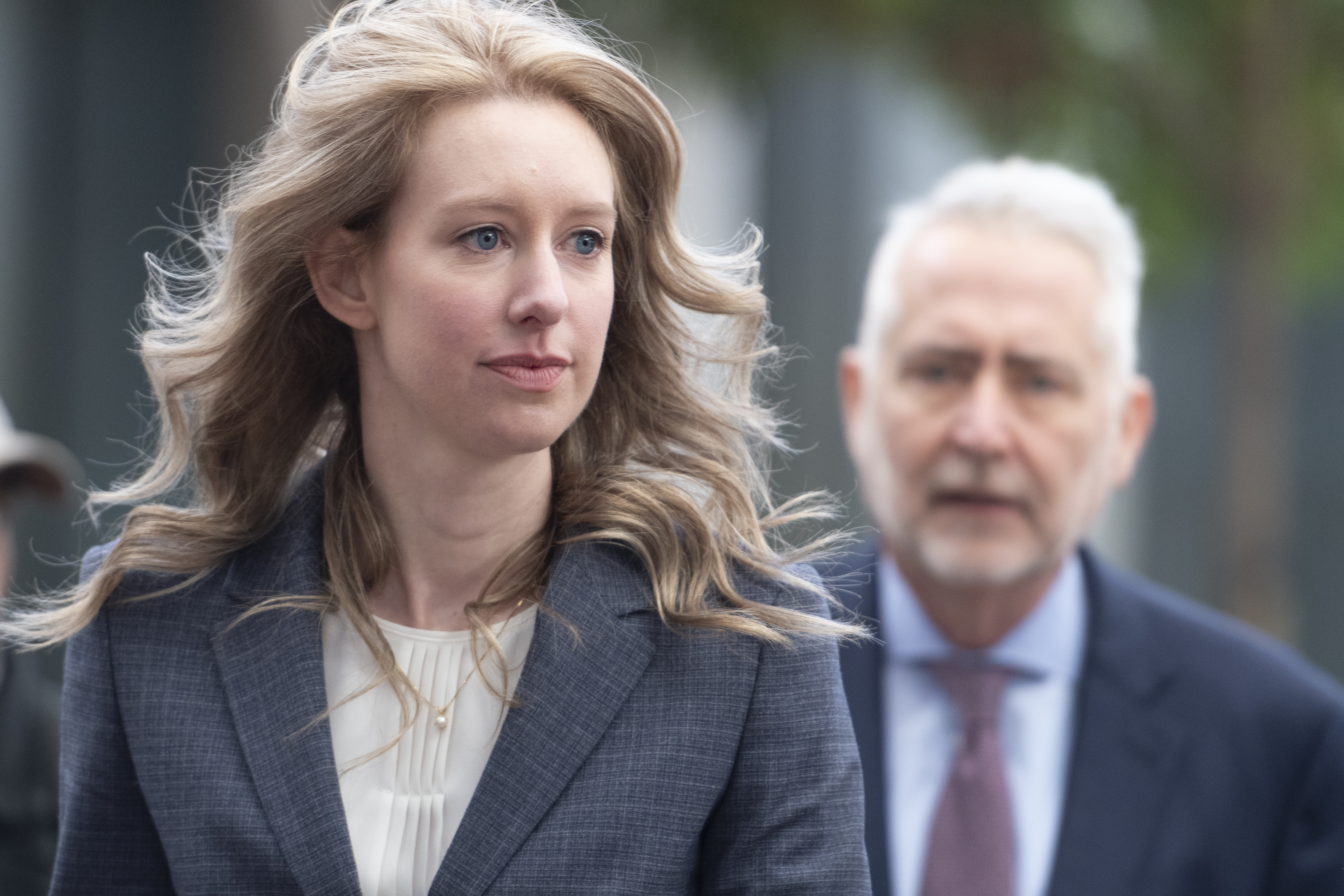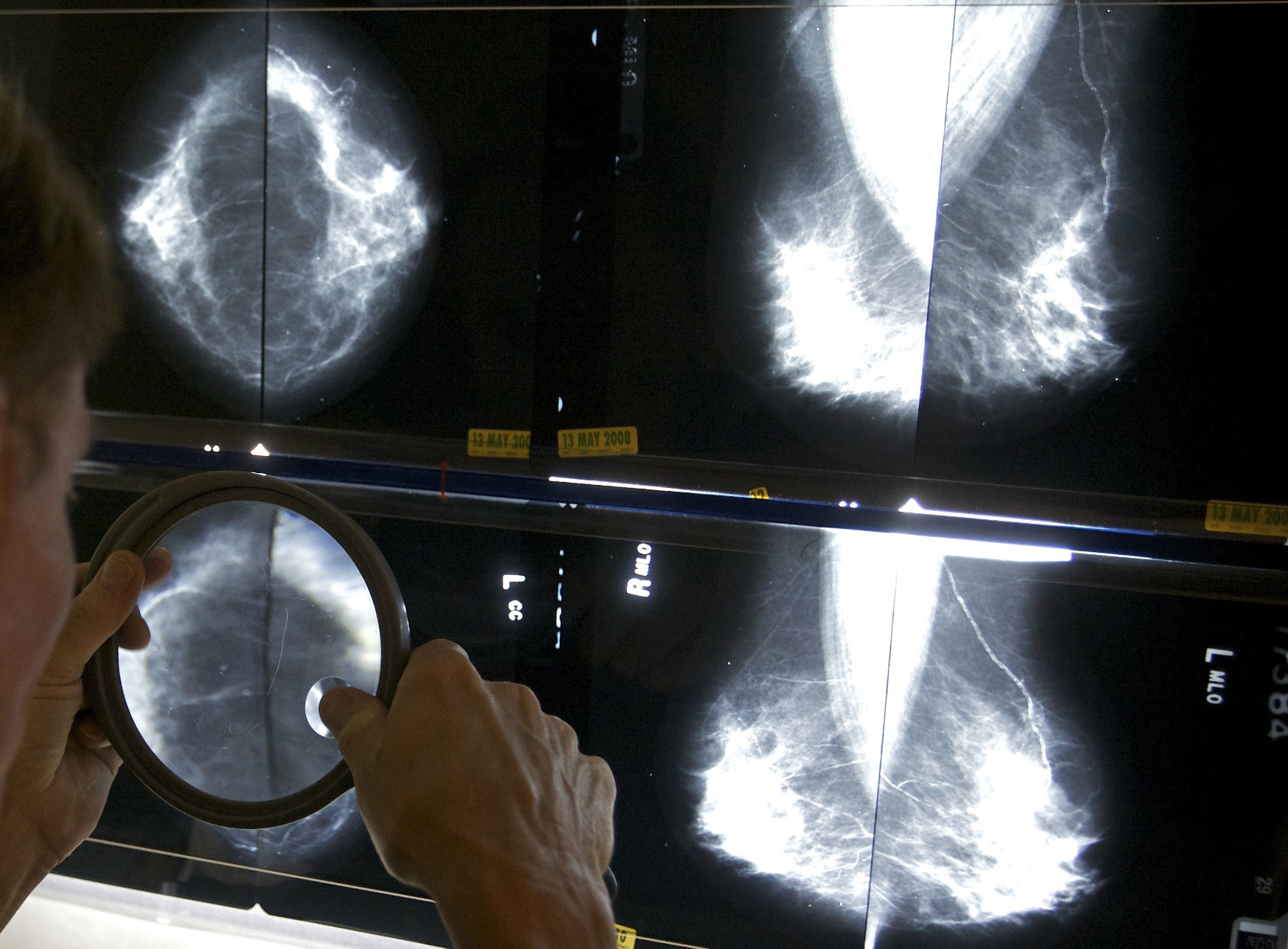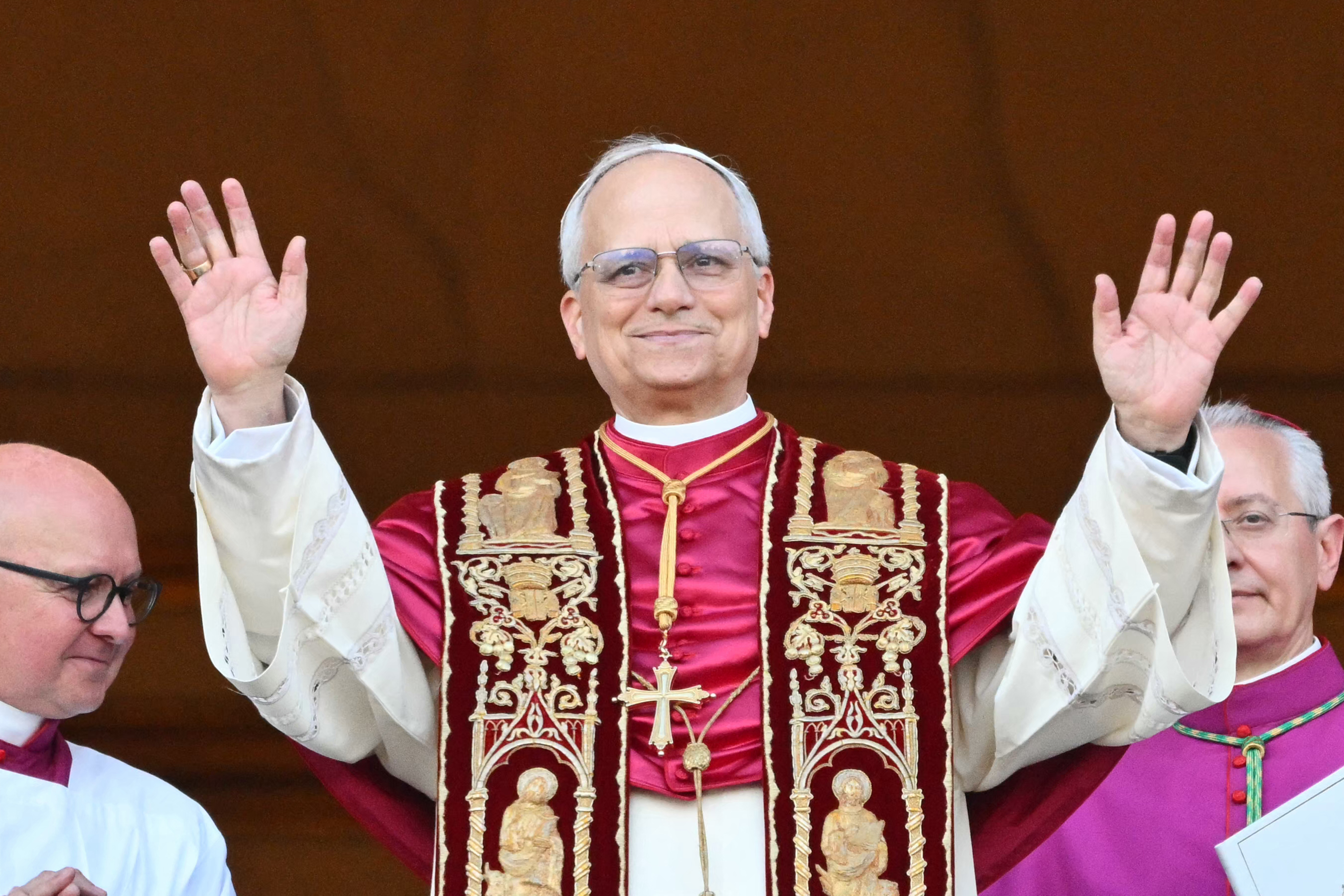Pope Leo XIV: Everything to Know About the New Pontiff
Pope Leo XIV: A New Era for the Catholic Church Begins
A New Shepherd for the Flock: Introducing Pope Leo XIV
The world held its breath, anticipation crackling in the air of St. Peter's Square. Then, the white smoke. Then, the announcement. Cardinal Robert Francis Prevost of the United States had been elected the 267th Roman Catholic Church pontiff, taking the name Pope Leo XIV. The cheers erupted, a wave of hope washing over the crowd as they welcomed their new spiritual leader.
His first address was met with rapt attention, every word carrying the weight of tradition and the promise of the future. But who is this man tasked with guiding over a billion Catholics worldwide? Let's delve into everything you need to know about Pope Leo XIV.
The Election: A Conclave of Cardinals
The process of electing a new pope, the conclave, is shrouded in secrecy and tradition. The College of Cardinals, those under the age of 80, are locked away within the Sistine Chapel, where they cast their ballots until a two-thirds majority is reached. Pope Leo XIV was elected on the fourth ballot, a testament to the complexities and considerations within the College.
The Significance of White Smoke
That iconic white smoke! It's the signal the world waits for, the visual confirmation that a new pope has been chosen. Before that, black smoke indicates unsuccessful ballots. It's a simple yet powerful symbol that cuts through language barriers and unites people in anticipation.
From Illinois to Rome: The Early Life of Robert Francis Prevost
Born in Chicago, Illinois, Robert Francis Prevost's journey to the papacy is a fascinating one. How did a young man from the American Midwest find himself leading the Catholic Church? His early life offers clues to his character and convictions.
Early Education and Religious Calling
Prevost's path to the priesthood began with his entry into the Order of Saint Augustine. His commitment to his faith led him to further studies and eventually, ordination.
A Life of Service: Prevost's Priestly Journey
Before becoming Pope Leo XIV, Prevost dedicated his life to serving the Church in various capacities. He wasn't just sitting in an office; he was on the ground, working with communities and tackling real-world challenges.
Missionary Work in Peru
His time in Peru was particularly formative. He served as a missionary, immersing himself in a different culture and ministering to the needs of the local population. This experience likely shaped his understanding of the global Church and its diverse challenges.
Leadership Roles within the Augustinian Order
Prevost’s leadership qualities were evident early on. He held significant positions within the Augustinian Order, demonstrating his ability to manage complex organizations and inspire others. This experience undoubtedly prepared him for the even greater responsibilities of the papacy.
Taking the Name Leo: The Significance of the Papal Name
Upon his election, Robert Francis Prevost chose the name Leo XIV. Why Leo? Papal names are carefully considered, often reflecting the new pope's priorities or admiration for previous pontiffs. Choosing the name Leo hints at a connection to past popes who championed social justice, intellectual pursuits, and the role of the Church in the modern world. Which aspects of his predecessors will Leo XIV emulate?
Replacing Pope Francis: A Legacy of Reform
Pope Leo XIV succeeds Pope Francis, who died at the age of 88 on April 22nd. Pope Francis left an indelible mark on the Church, known for his emphasis on mercy, social justice, and environmental stewardship. Can Leo XIV build on this legacy, or will he chart a new course? The Church – and the world – is watching.
Age and Health: Challenges and Opportunities
At 69, Pope Leo XIV is relatively young for a pope. While his age suggests a longer pontificate, the demands of the office are immense. His health will be a constant concern, but his relative youth could also bring fresh energy and perspectives to the papacy.
American Pope: A Shift in Perspective?
The election of an American pope is a significant moment in the history of the Catholic Church. Does it signal a shift in perspective, a greater emphasis on the concerns of the Western world? His American background could bring a unique understanding of global issues, particularly in areas of social justice and economic inequality.
Political Views: Navigating a Divided World
What are Pope Leo XIV's political views? In today's polarized world, this is a question on many people's minds. He will undoubtedly face pressure to take stances on various political issues, but the role of the pope is primarily spiritual. Navigating this tension will be a key challenge.
Balancing Faith and Politics
The Church’s role is not to endorse political parties, but to advocate for principles that align with its teachings, such as human dignity, social justice, and peace. How will Pope Leo XIV balance these principles with the realities of the political landscape?
Priorities for His Papacy: What to Expect
What will be Pope Leo XIV's priorities? While it's too early to say for sure, we can expect him to focus on strengthening the Church's spiritual mission, addressing social and economic inequality, and promoting interreligious dialogue.
Addressing the Challenges Facing the Church
The Catholic Church faces numerous challenges, from declining membership in some regions to the ongoing clergy abuse crisis. Pope Leo XIV will need to address these issues with courage and compassion, working to restore trust and rebuild the Church’s reputation.
A Call for Unity: Healing Divisions Within the Church
Divisions within the Catholic Church have become increasingly pronounced in recent years. Conservative and liberal factions often clash over issues such as same-sex marriage, abortion, and the role of women in the Church. Pope Leo XIV will need to bridge these divides and foster a sense of unity among Catholics worldwide. Can he heal these rifts and bring a fractured Church back together?
The First Days: Setting the Tone for the Future
The first days of Pope Leo XIV's pontificate will be crucial in setting the tone for the future. His words and actions will be closely scrutinized as he begins to shape his papacy and chart a course for the Catholic Church.
Conclusion: A New Chapter Begins
The election of Pope Leo XIV marks the beginning of a new chapter for the Catholic Church. He brings a unique background and a wealth of experience to the papacy. While challenges lie ahead, his leadership offers hope for a renewed and revitalized Church, one that continues to serve as a beacon of faith, hope, and love in a world desperately in need of these qualities. The world watches with bated breath, eager to witness the impact of Pope Leo XIV on the Catholic Church and the world beyond.
Frequently Asked Questions (FAQs)
What is the significance of the white smoke after a papal election?
White smoke signifies that the College of Cardinals has successfully elected a new pope. It is a visual signal to the world that the conclave has reached a decision.
How old is Pope Leo XIV?
Pope Leo XIV is 69 years old, making him a relatively young pope compared to his recent predecessors.
Where was Pope Leo XIV born?
Pope Leo XIV was born in Chicago, Illinois, making him one of the first popes from the United States.
What were some of Pope Leo XIV's previous roles in the Church?
Before becoming pope, he served as a missionary in Peru and held significant leadership positions within the Order of Saint Augustine.
What challenges will Pope Leo XIV face as pope?
He will face numerous challenges, including addressing divisions within the Church, dealing with the clergy abuse crisis, and navigating the complexities of a rapidly changing world.
